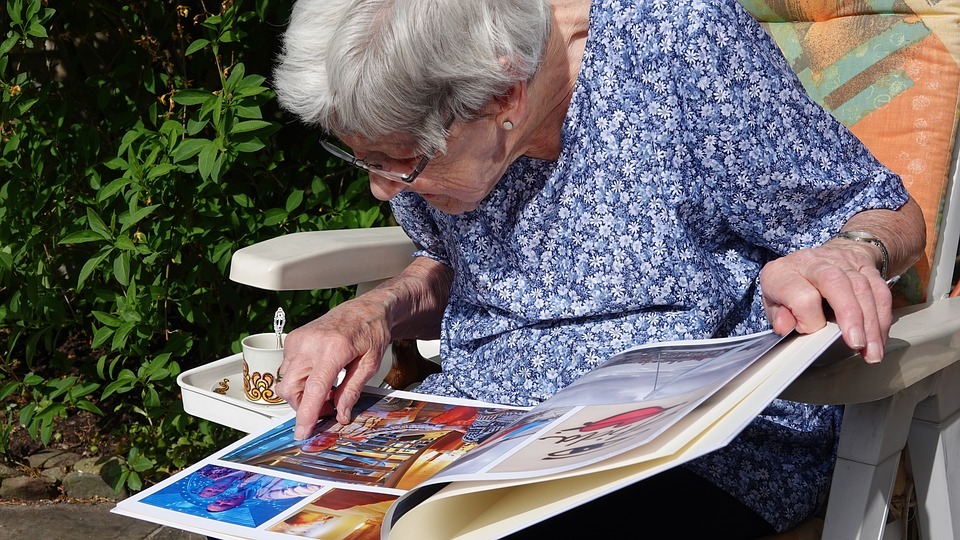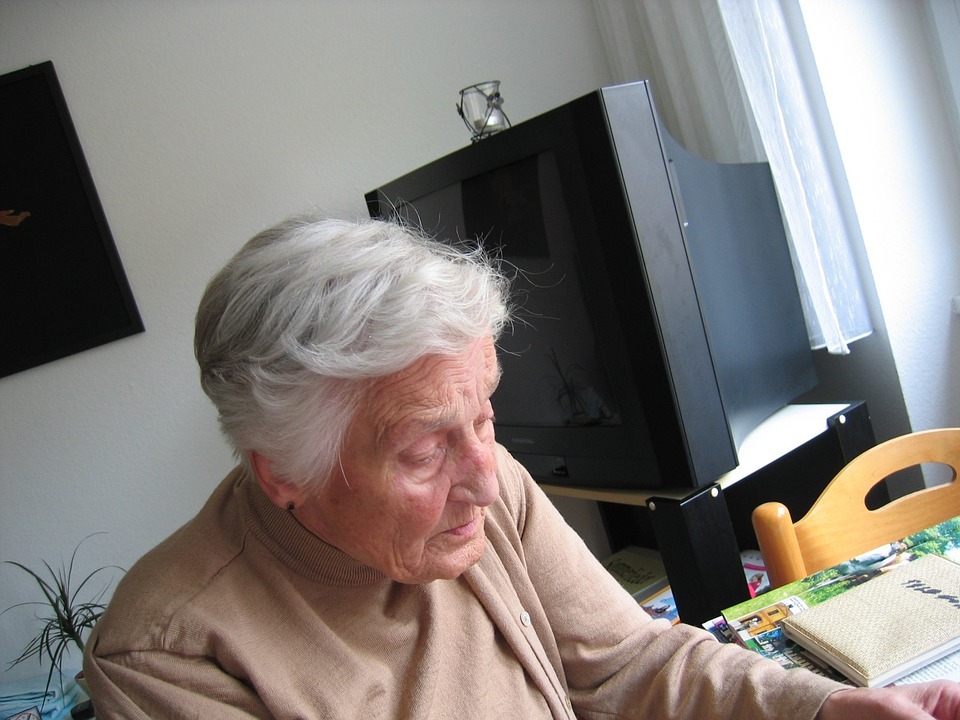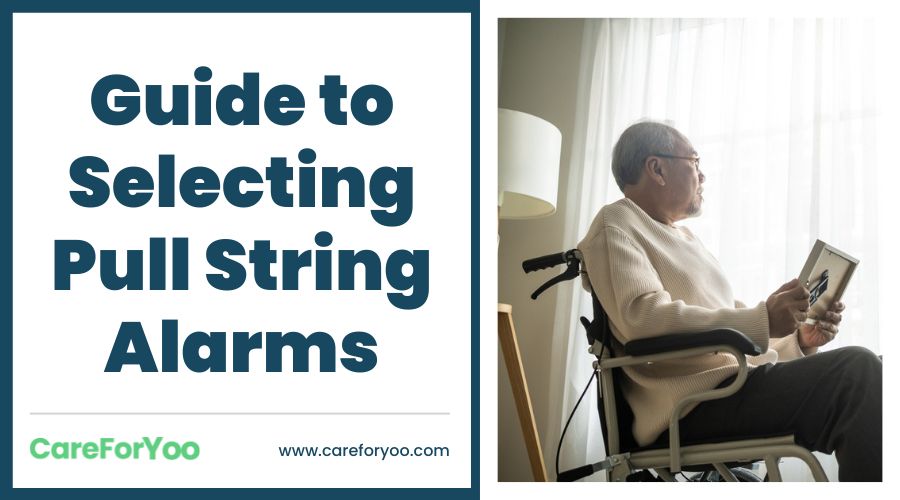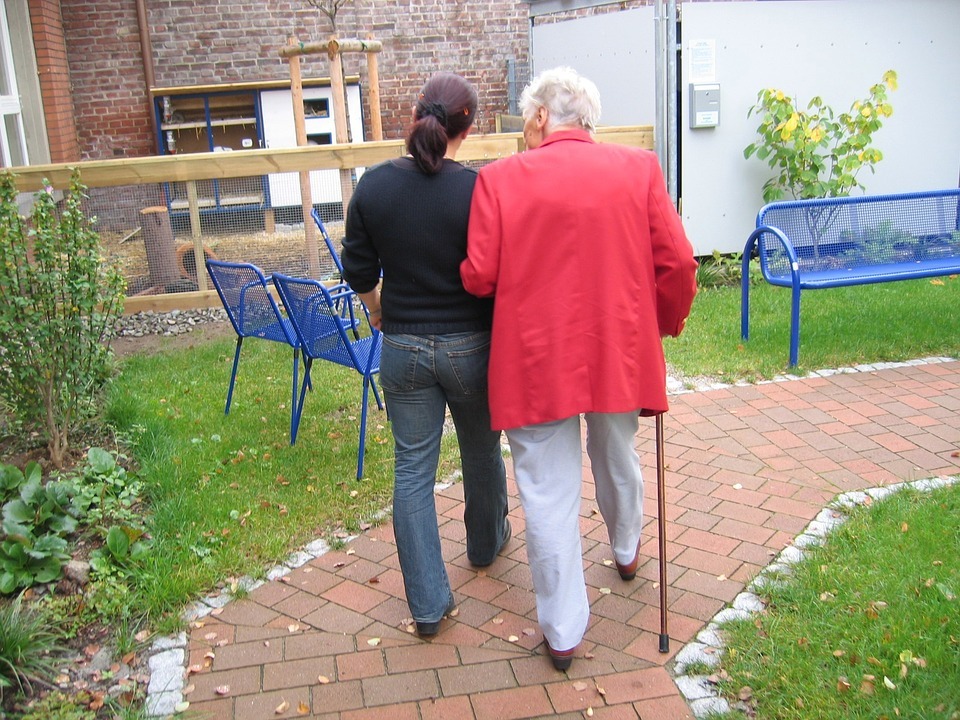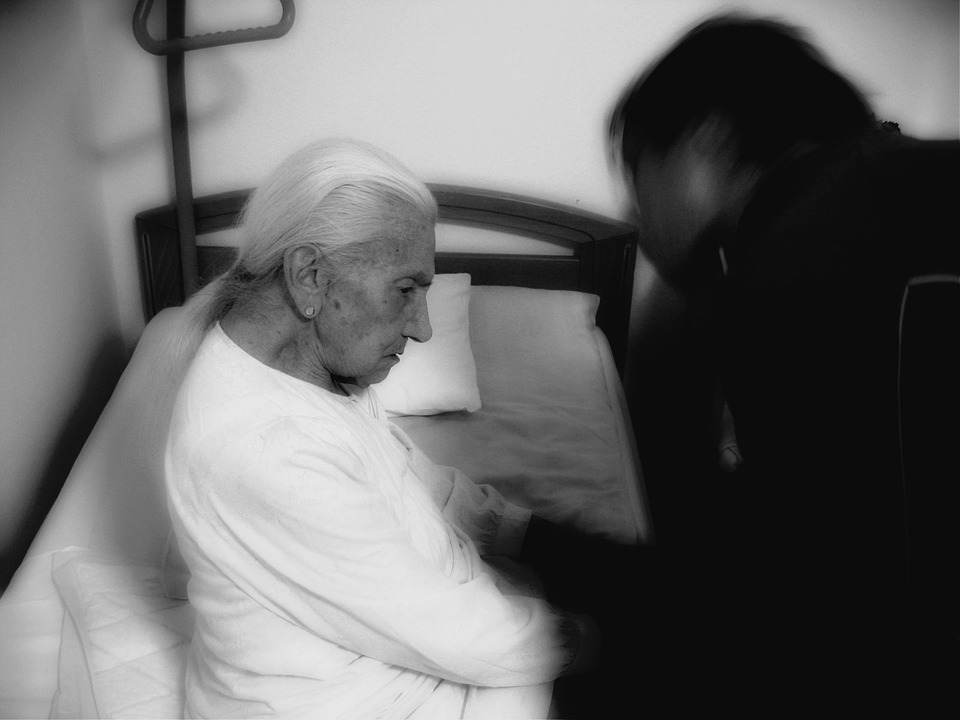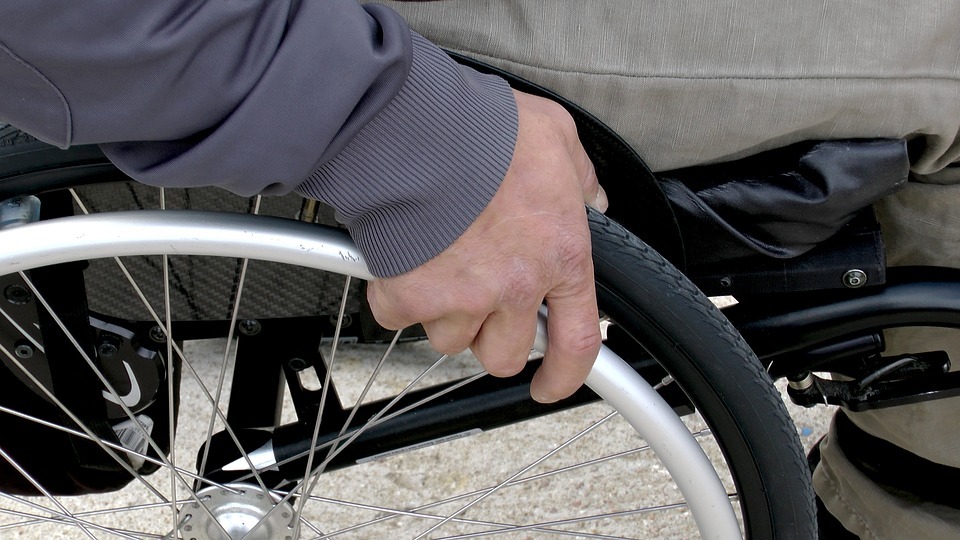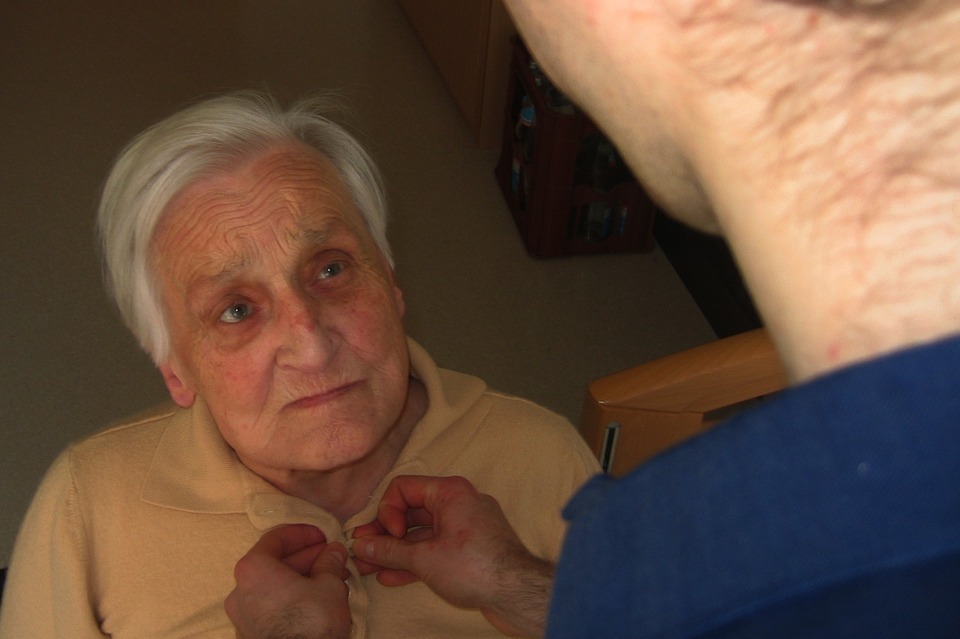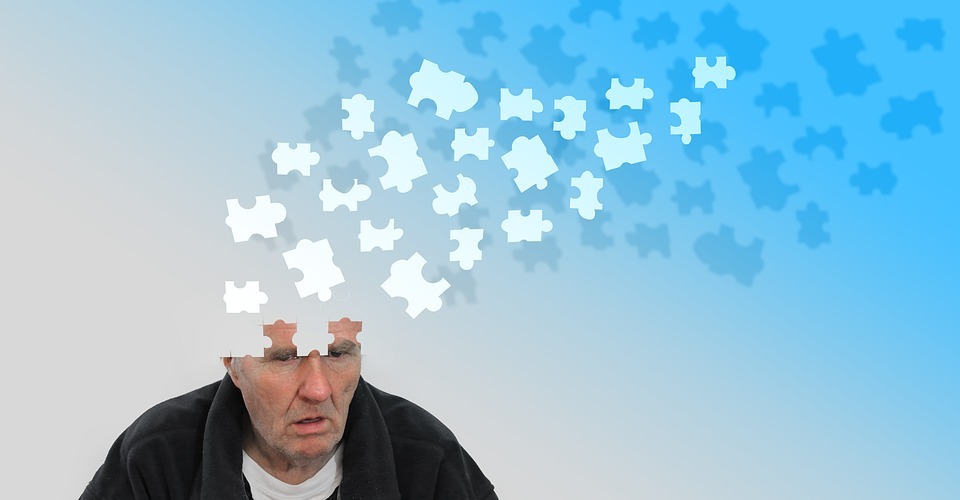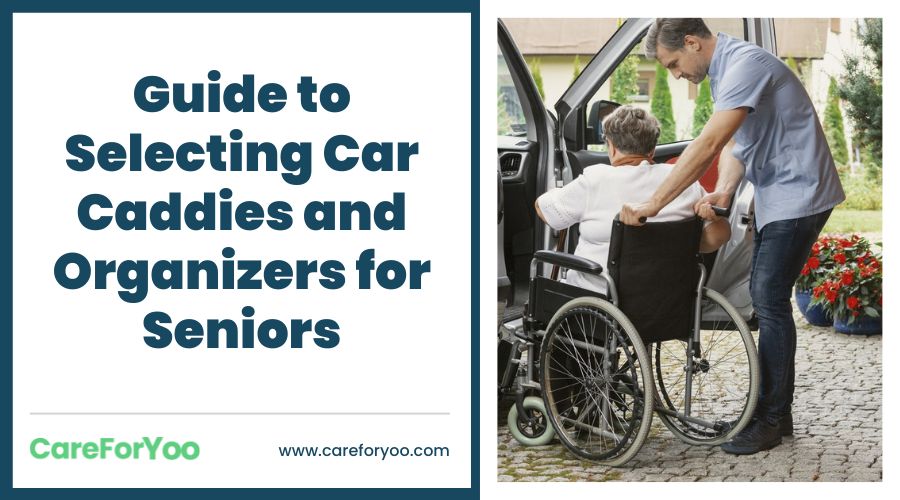Tips for Keeping Elderly Patients Happy
Alzheimer’s disease, or dementia, is a disorder that gradually causes a decline in a person’s ability to perform their daily tasks appropriately. The initial signs of Alzheimer’s include failing to retain the memory of recent events and social interactions. Patients with Alzheimer’s may face severe signs of forgetfulness as the disease progresses …

